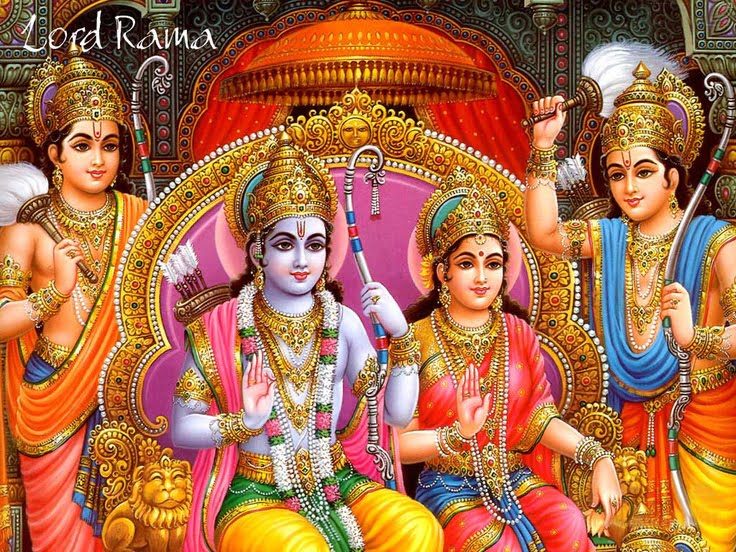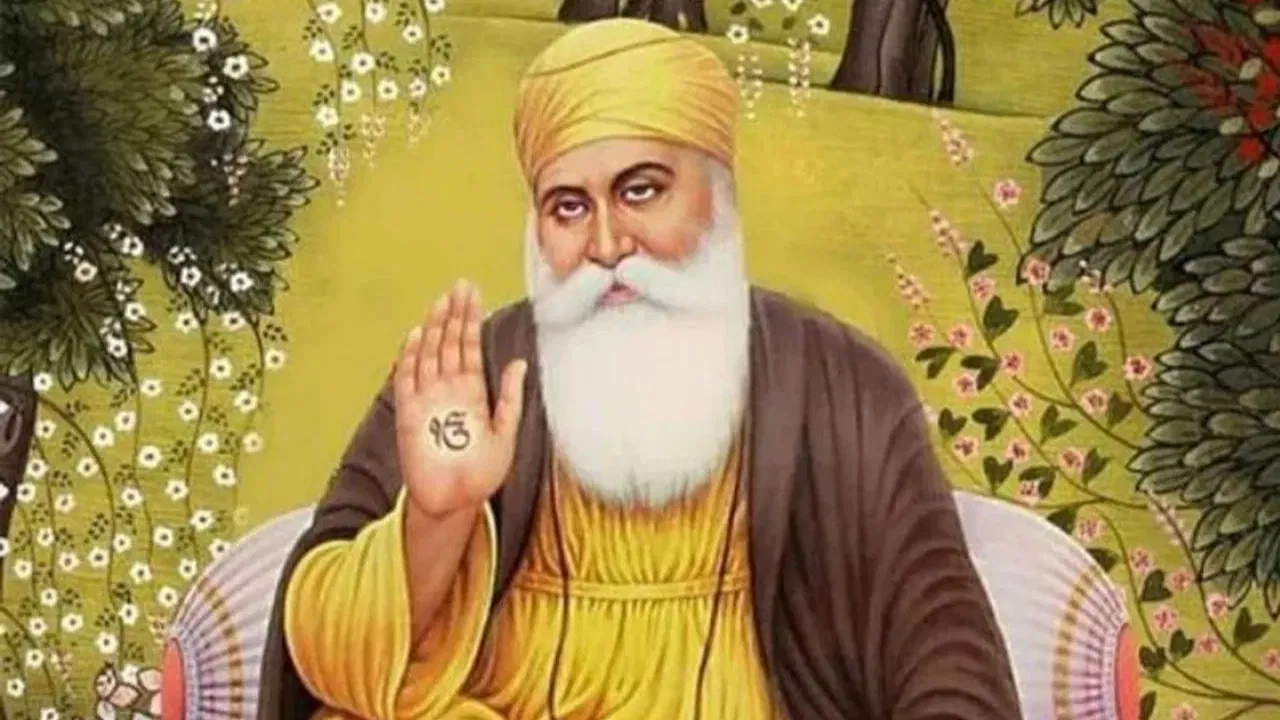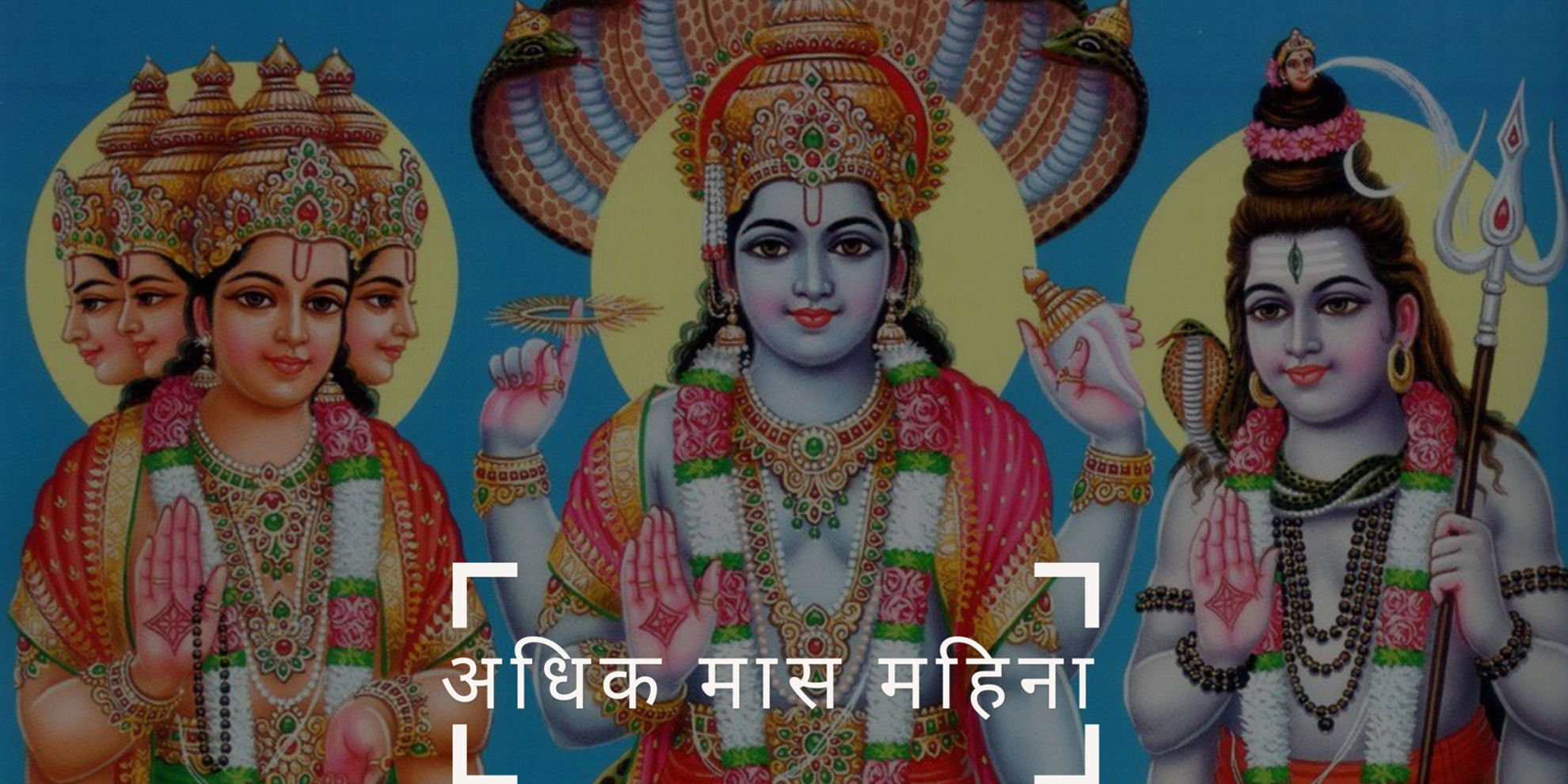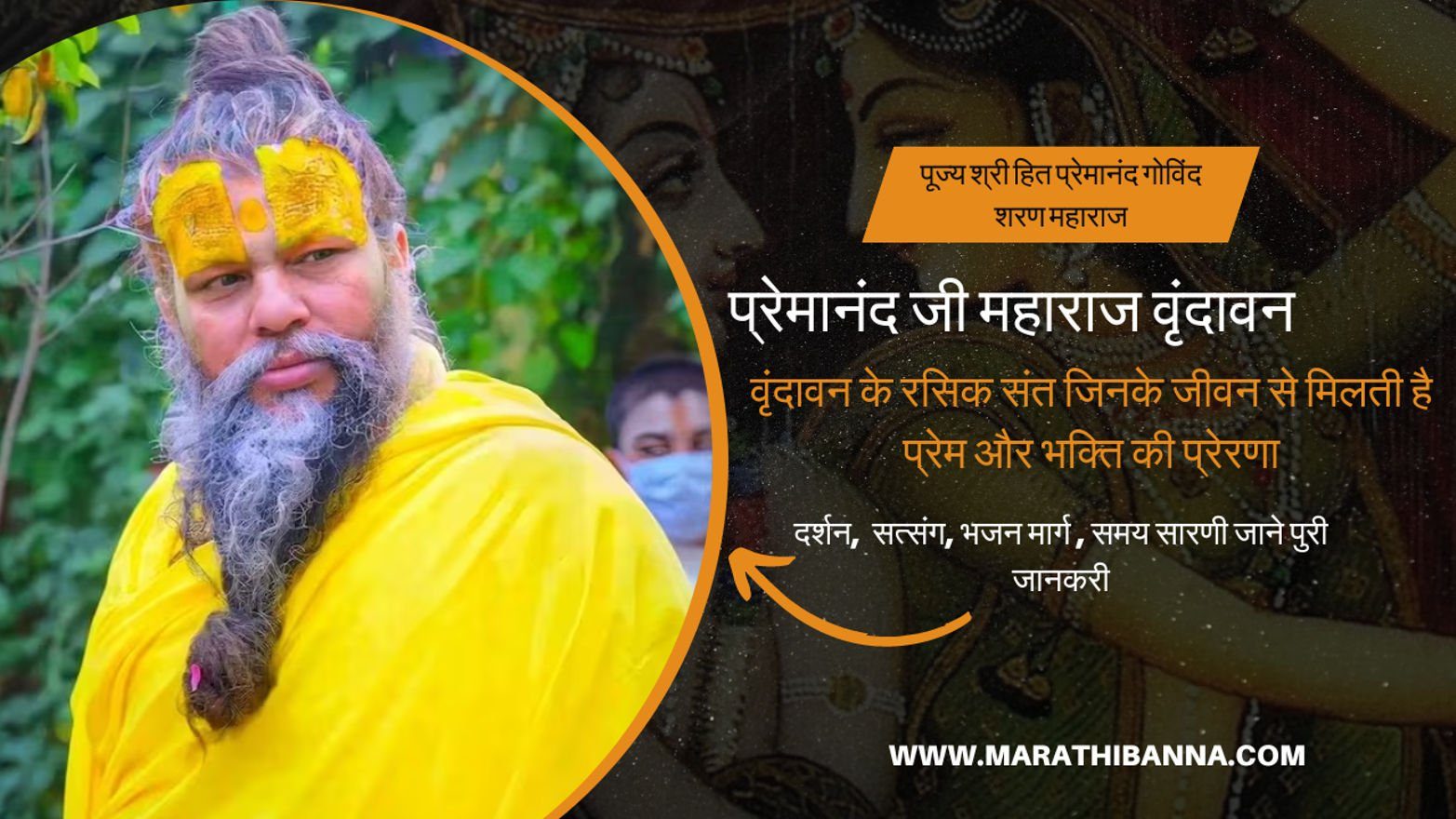The Hindu calendar, also known as the Panchang or the Indian calendar, is a complex and ancient system that has been used in India for centuries to determine the dates of religious festivals, auspicious occasions, and astrological events. It is a lunar calendar, meaning it is based on the cycles of the moon, and is deeply rooted in Hindu religious traditions and beliefs.
The Origins of the Hindu Calendar
The origins of the Hindu calendar can be traced back to ancient times, with its roots in Vedic astrology and astronomy. The calendar is believed to have been developed by ancient sages and scholars who had a deep understanding of the movement of celestial bodies and their impact on human life.
According to Hindu mythology, the creator of the universe, Lord Brahma, is said to have created the concept of time and the Hindu calendar. It is believed that the first Hindu calendar was created thousands of years ago, and it has been refined and modified over time to reflect the changing needs of the Hindu community.
Read this also –
- खो खो खेळाचे फायदे: 15 आश्चर्यकारक लाभ जे तुमचे जीवन बदलू शकतात
- कलम 324 माहिती मराठी: 10 महत्त्वाच्या गोष्टी ज्या प्रत्येकाने जाणून घ्याव्यात
- भारतीय मौसम विज्ञान विभाग (IMD): मौसम पूर्वानुमान, चेतावनी प्रणाली और जलवायु रिपोर्ट 2026 [पूर्ण जानकारी]
- जामताड़ा में अगले 10 दिनों का मौसम: आसान और भरोसेमंद जानकारी
- राजकारण म्हणजे काय? | संपूर्ण माहिती मराठीत 2025
The Construction of the Hindu Calendar
The Hindu calendar is a lunisolar calendar, which means it takes into account both the lunar cycles and the solar year. The calendar is based on the movement of the moon around the Earth and the Earth around the sun.
The lunar month, known as a “tithi,” is the fundamental unit of the Hindu calendar. It is based on the time it takes for the moon to complete one orbit around the Earth, which is approximately 29.5 days. The tithes are further divided into smaller units called “karana” and “nakshatra.”
However, since the lunar month is shorter than the solar year, the Hindu calendar also includes intercalary months, known as “adhika masa” or “malama.” These extra months are added periodically to ensure that the lunar and solar cycles remain in sync.
In addition to the lunar months and intercalary months, the Hindu calendar also includes various other elements, such as solar months (based on the position of the sun), lunar days (based on the phases of the moon), and planetary positions. All these elements are carefully calculated and compiled in the Panchang, a comprehensive almanac that serves as a guide for the Hindu community.
Significance of the Hindu Calendar
The Hindu calendar plays a crucial role in the lives of Hindus, as it not only determines the dates of religious festivals and rituals but also provides guidance for various aspects of life, such as marriage, childbirth, and starting new ventures. It is considered a sacred and authoritative source of information for the Hindu community.
Moreover, the Hindu calendar is deeply intertwined with Hindu mythology and astrology. It is believed that the planetary positions and the alignment of stars and constellations have a profound influence on human life, and the calendar helps individuals to understand and navigate these cosmic influences.
Additionally, the Hindu calendar reflects the rich cultural and religious diversity of India. Different regions and communities in India have their own variations of the calendar, with slight variations in the names of months and the way certain festivals are celebrated. This diversity is a testament to the vibrant and inclusive nature of Hinduism.
In Conclusion
The Hindu calendar is a complex and ancient system that has been developed and refined over thousands of years. It is a testament to the deep understanding of astronomy and astrology in ancient India and serves as a guide for the Hindu community in determining auspicious dates and understanding cosmic influences. The calendar’s construction, which combines lunar and solar cycles, ensures that it remains accurate and relevant to this day. Its significance goes beyond just a tool for timekeeping, as it reflects the cultural and religious diversity of India and plays a vital role in the lives of Hindus.
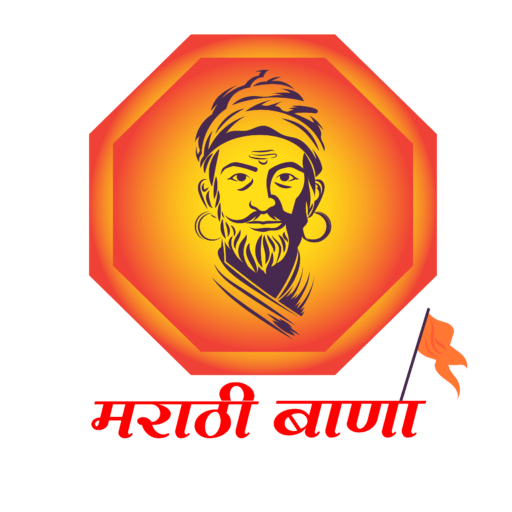
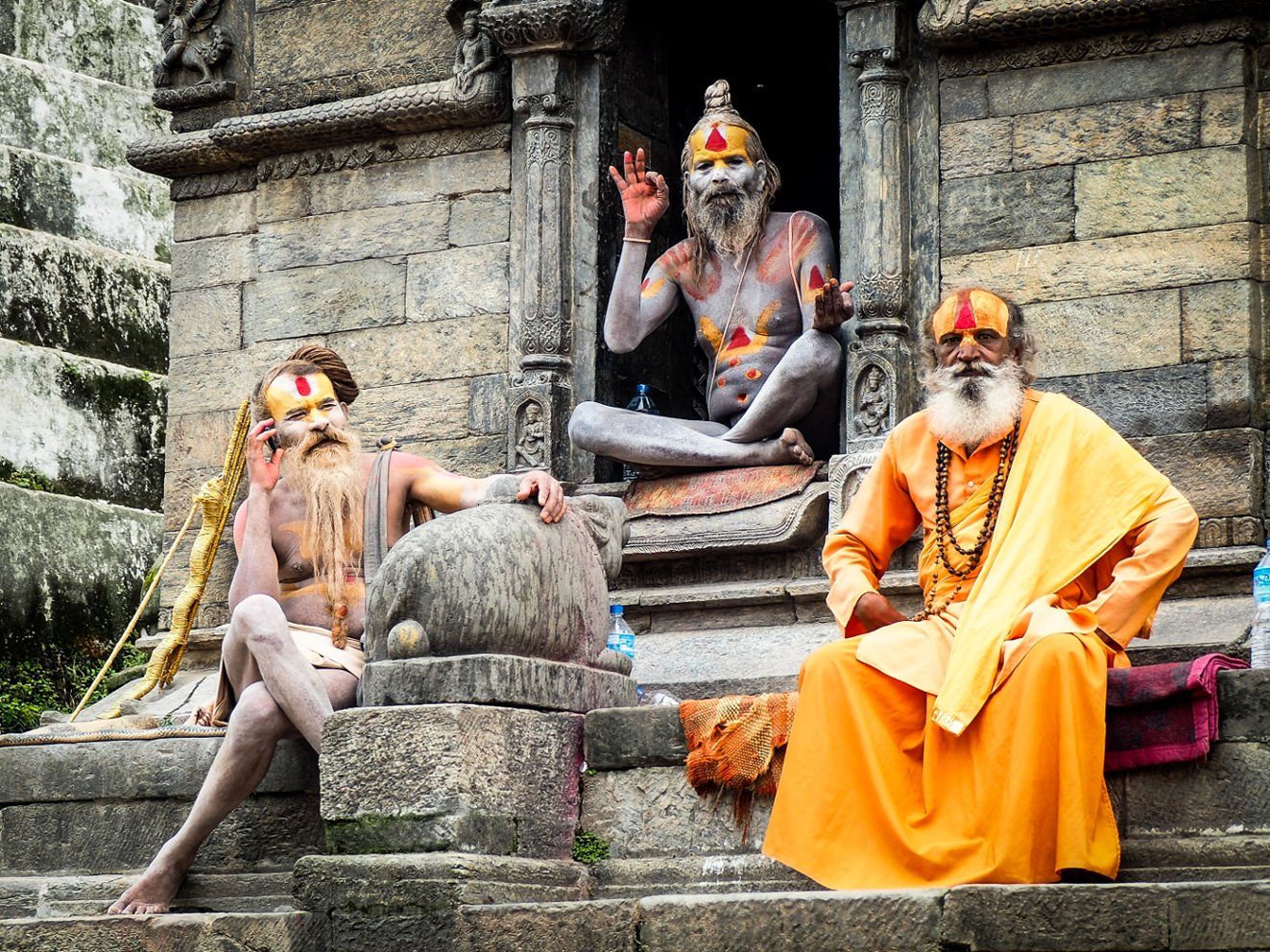
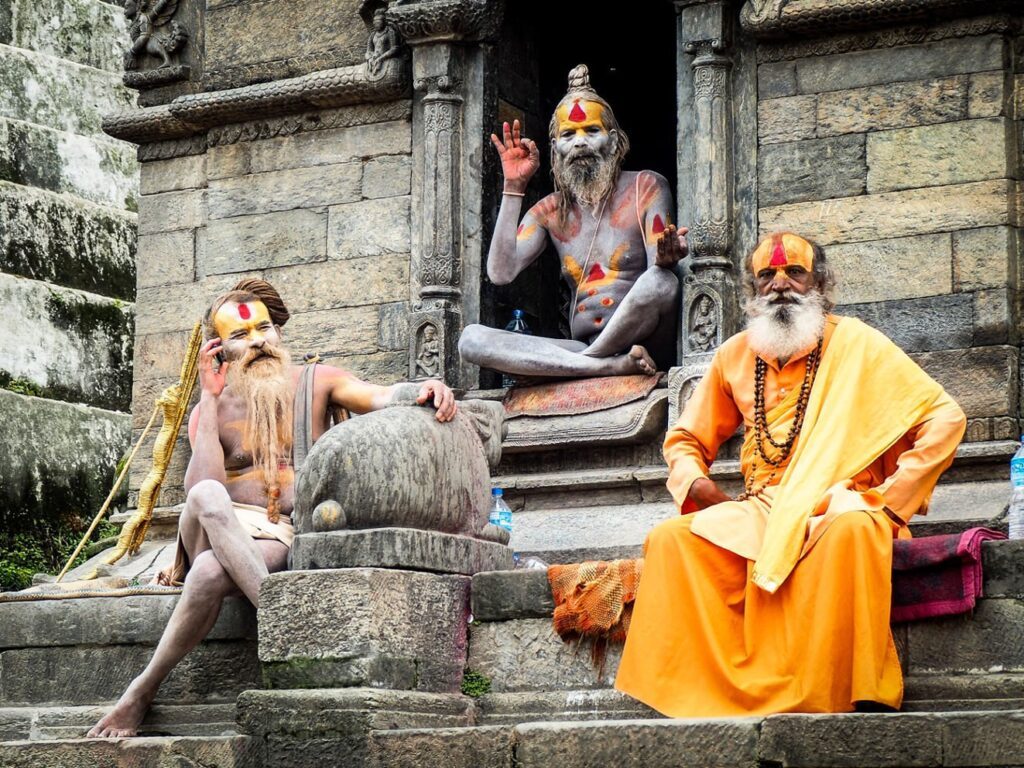

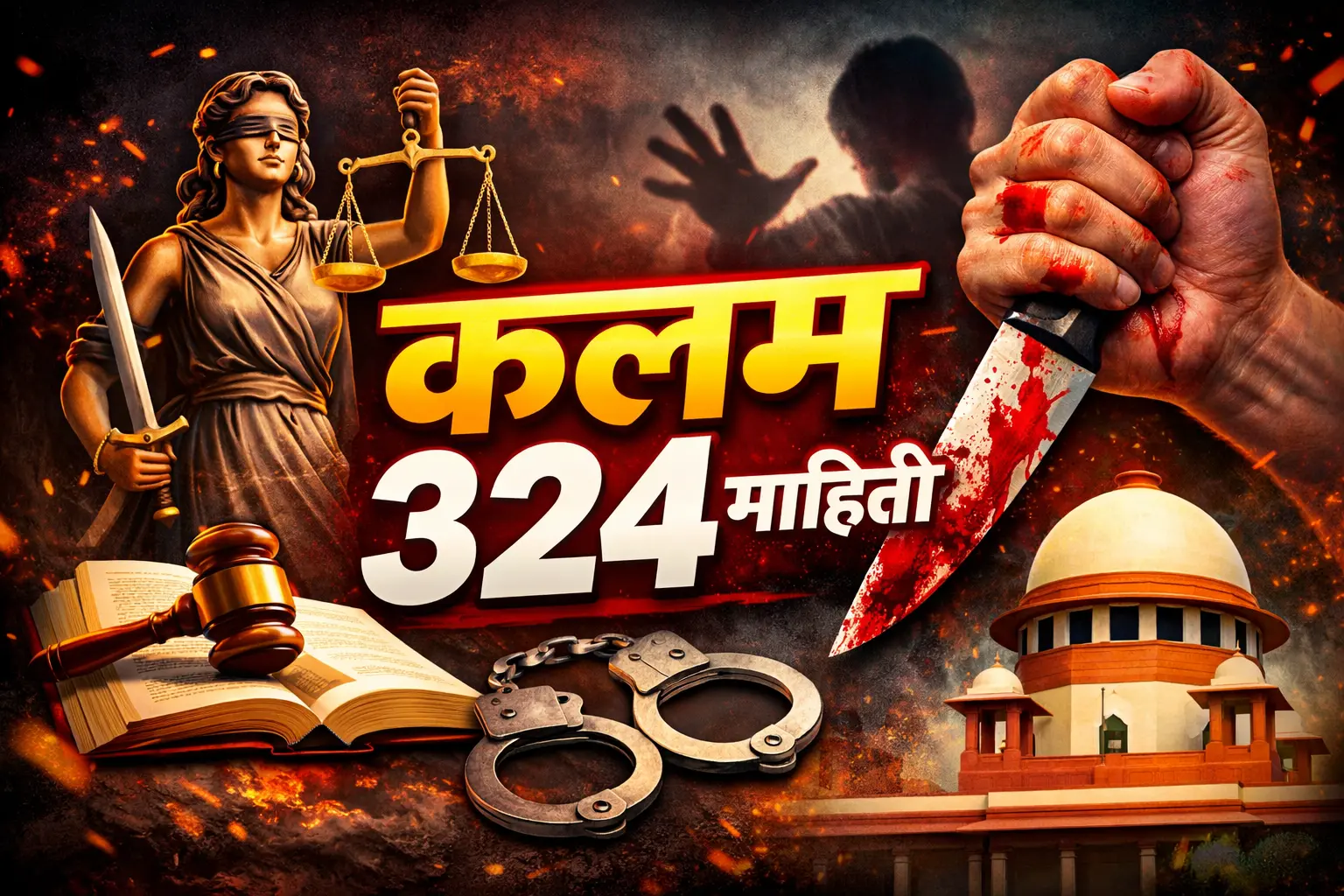
![भारतीय मौसम विज्ञान विभाग (IMD): मौसम पूर्वानुमान, चेतावनी प्रणाली और जलवायु रिपोर्ट 2026 [पूर्ण जानकारी]](https://marathibanna.com/wp-content/uploads/2026/01/भारतीय-मौसम-विज्ञान-विभाग-IMD.webp)
